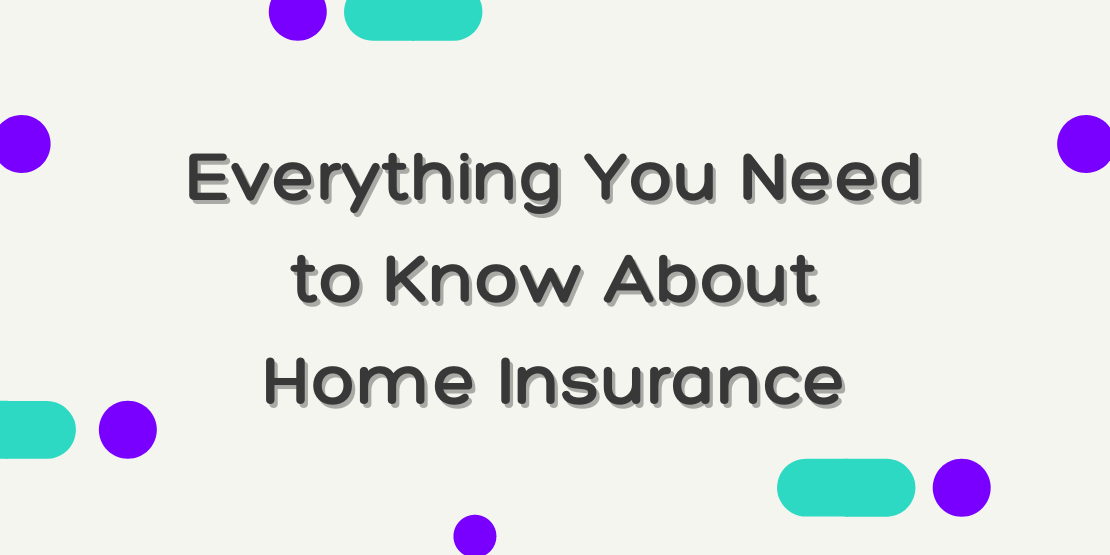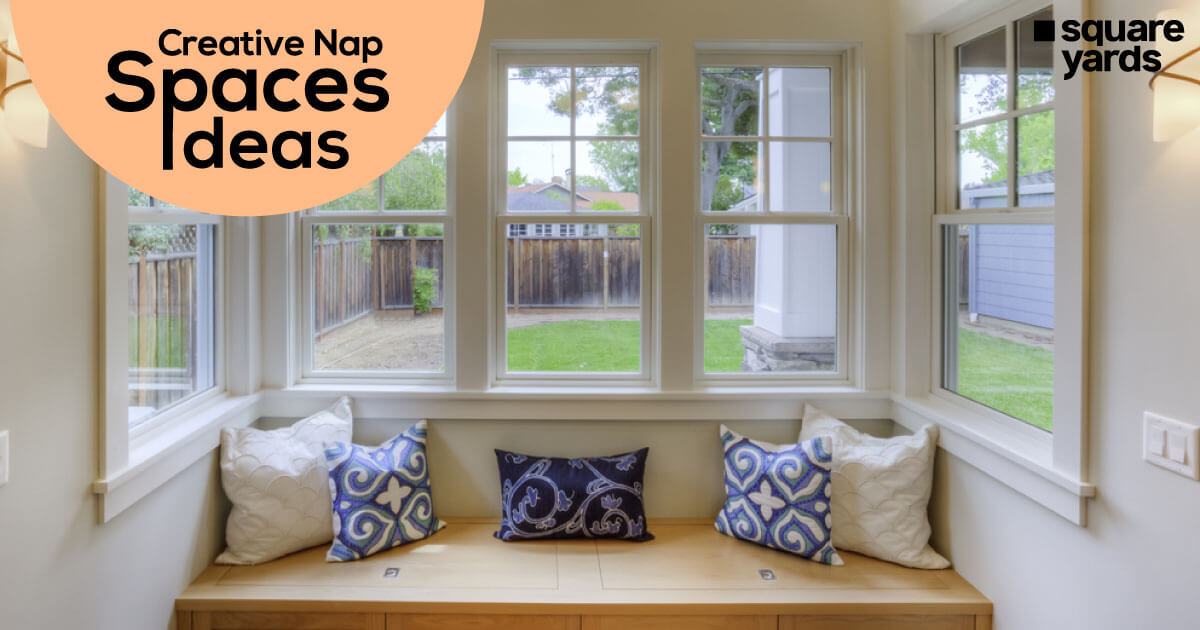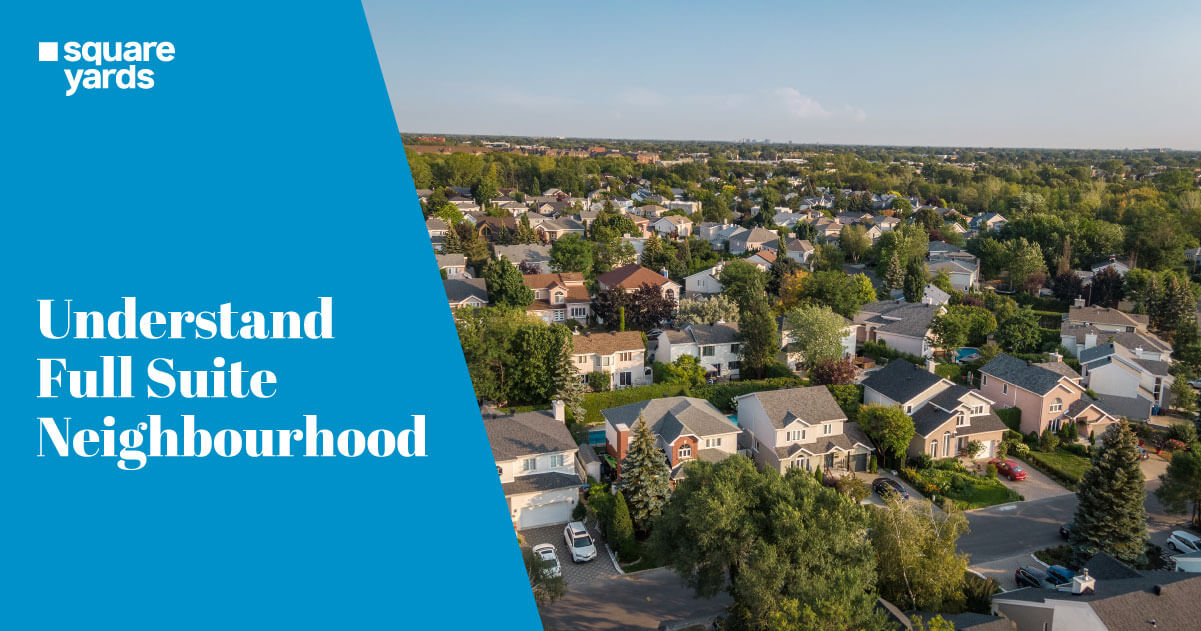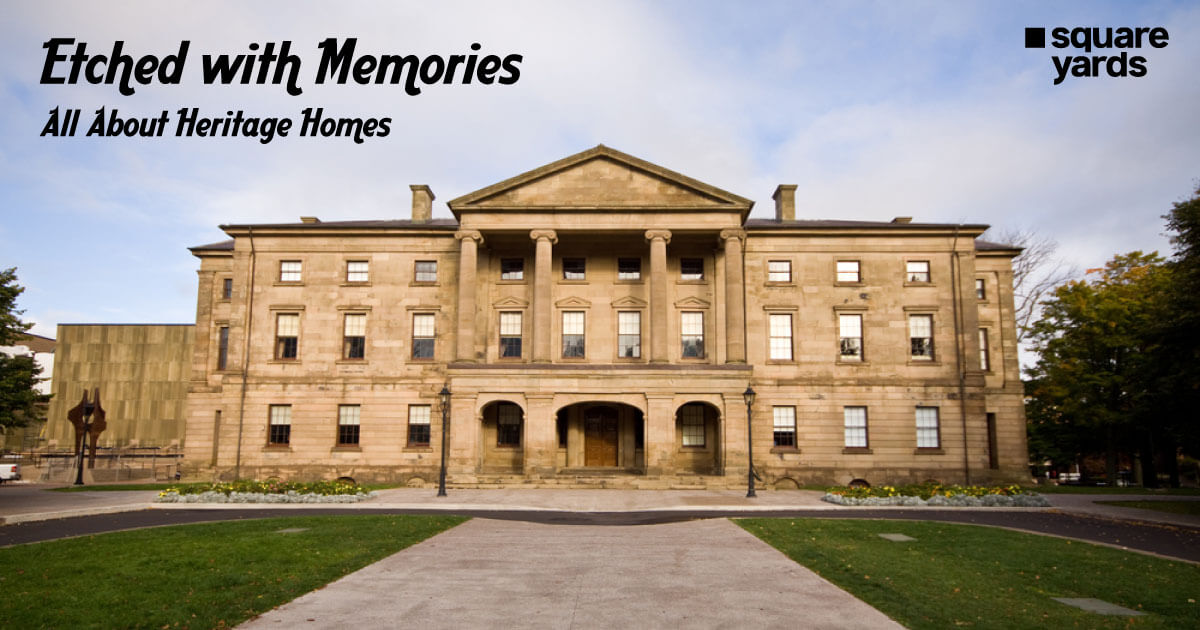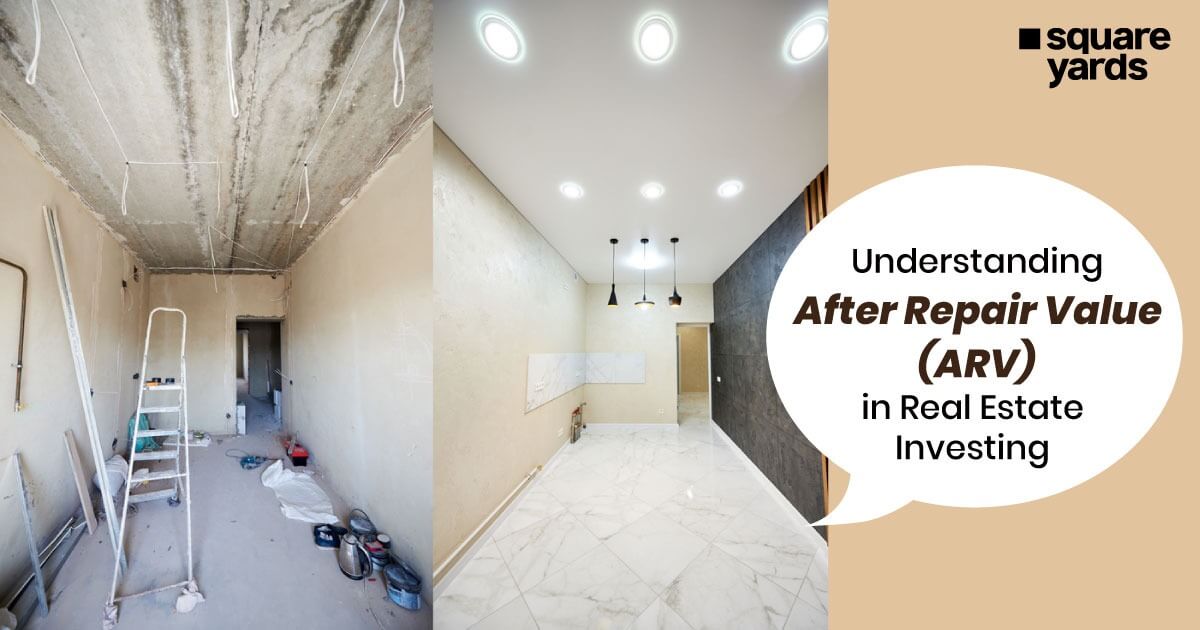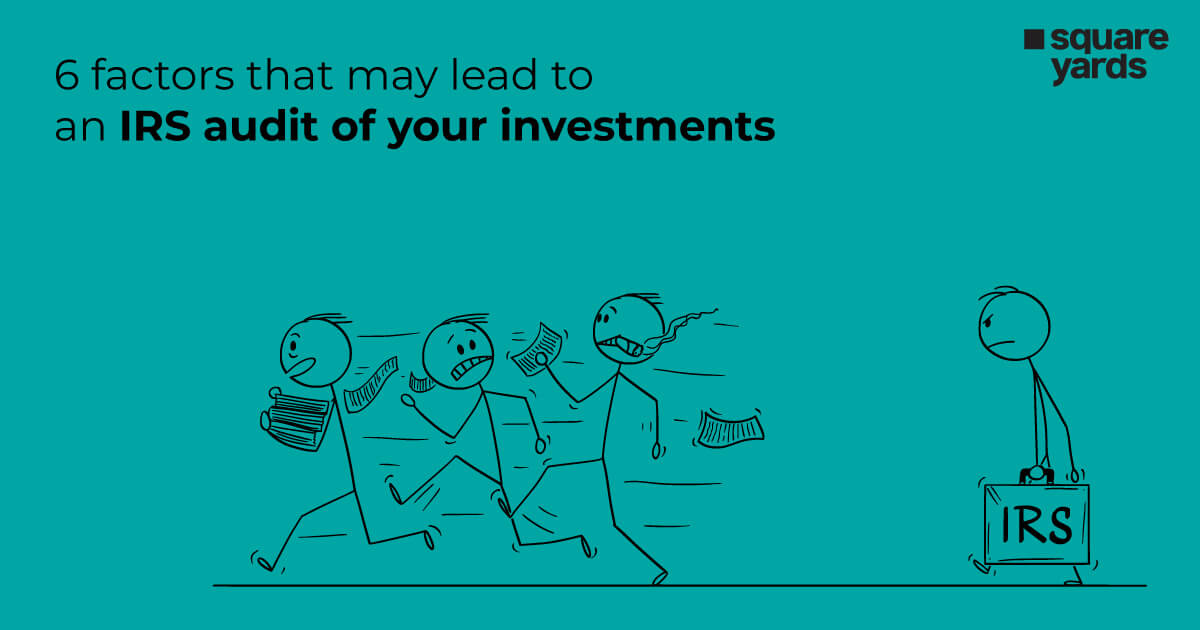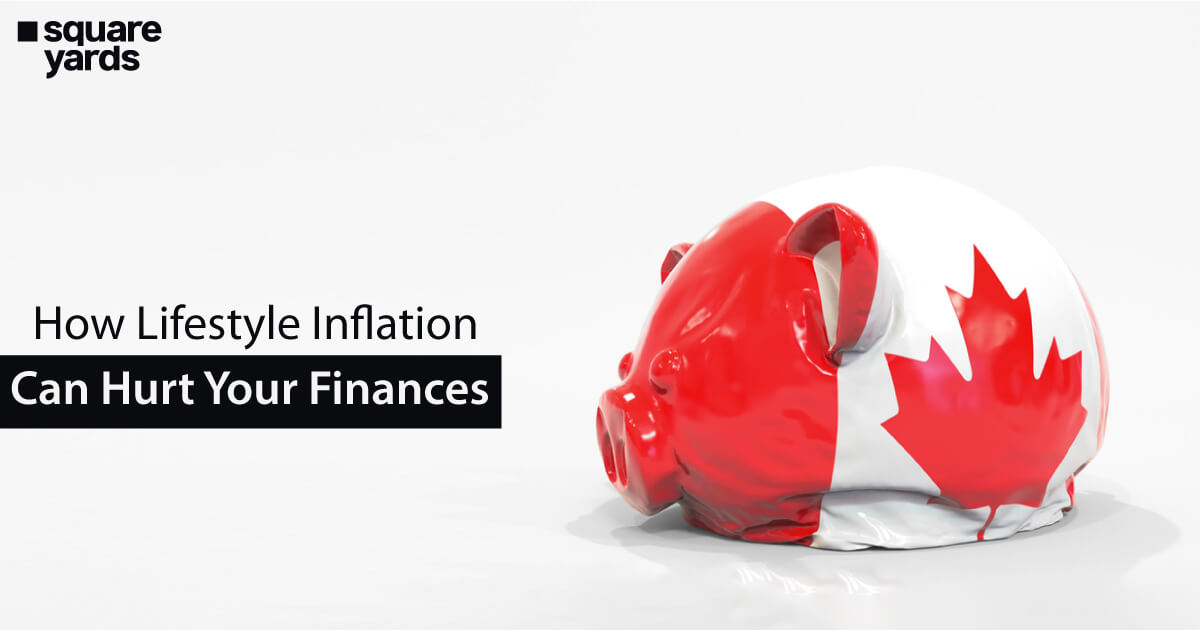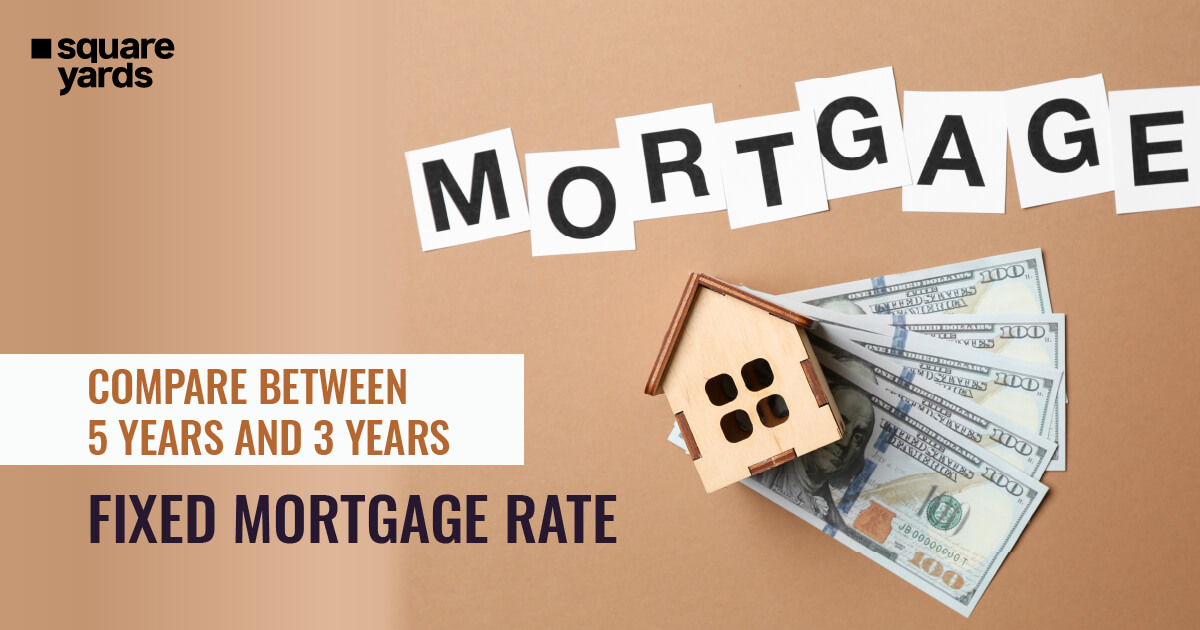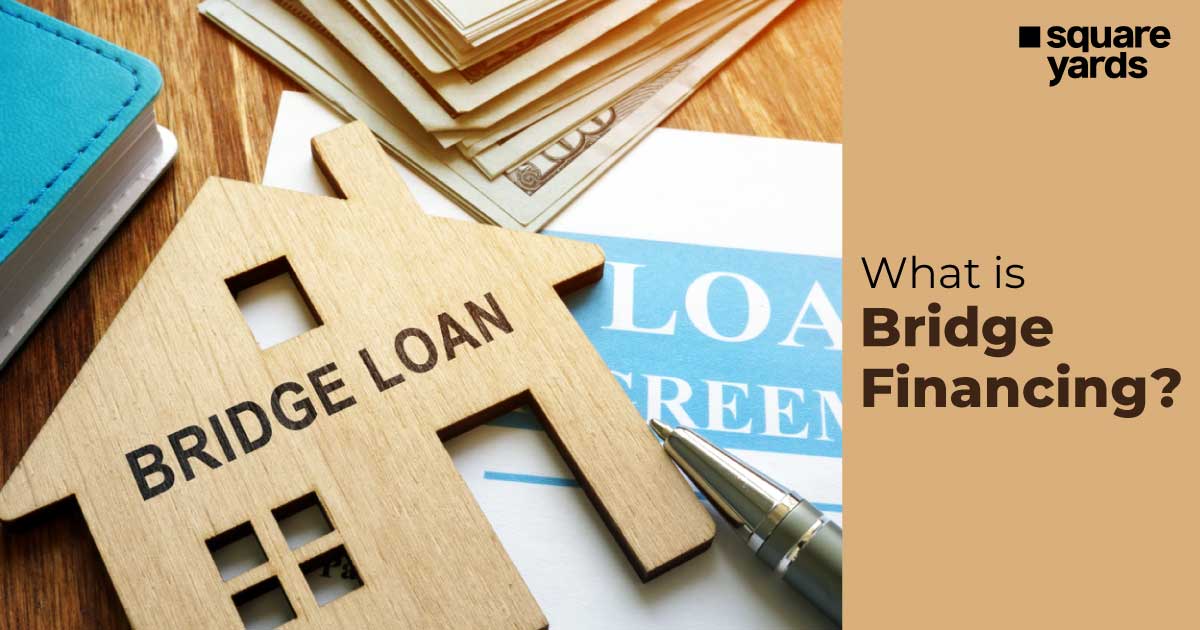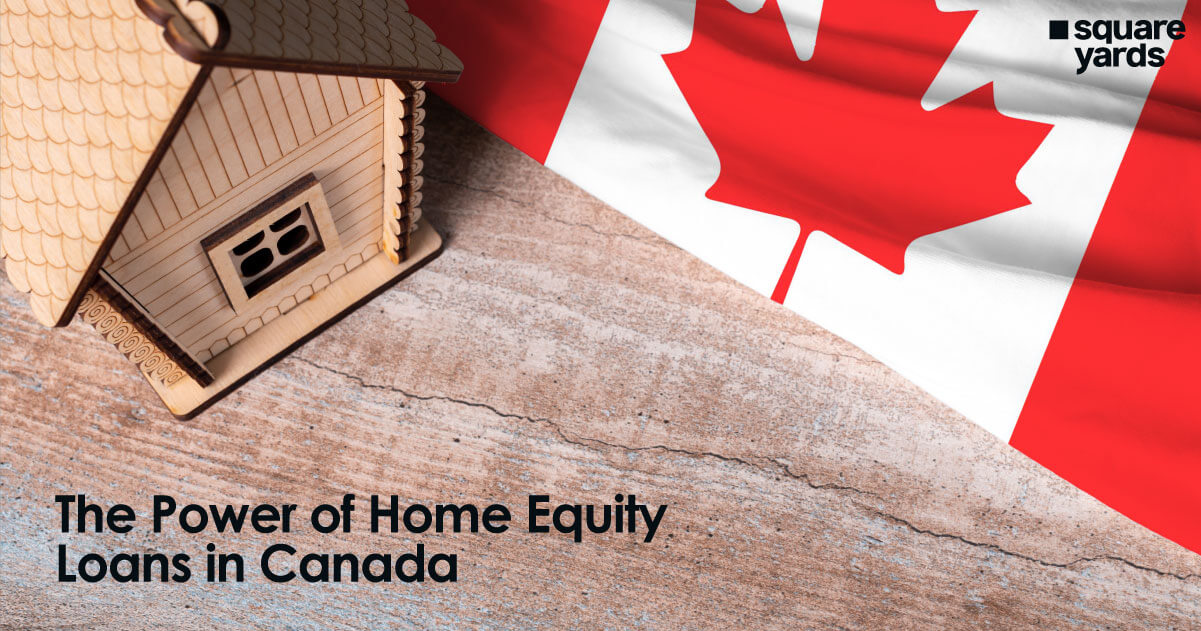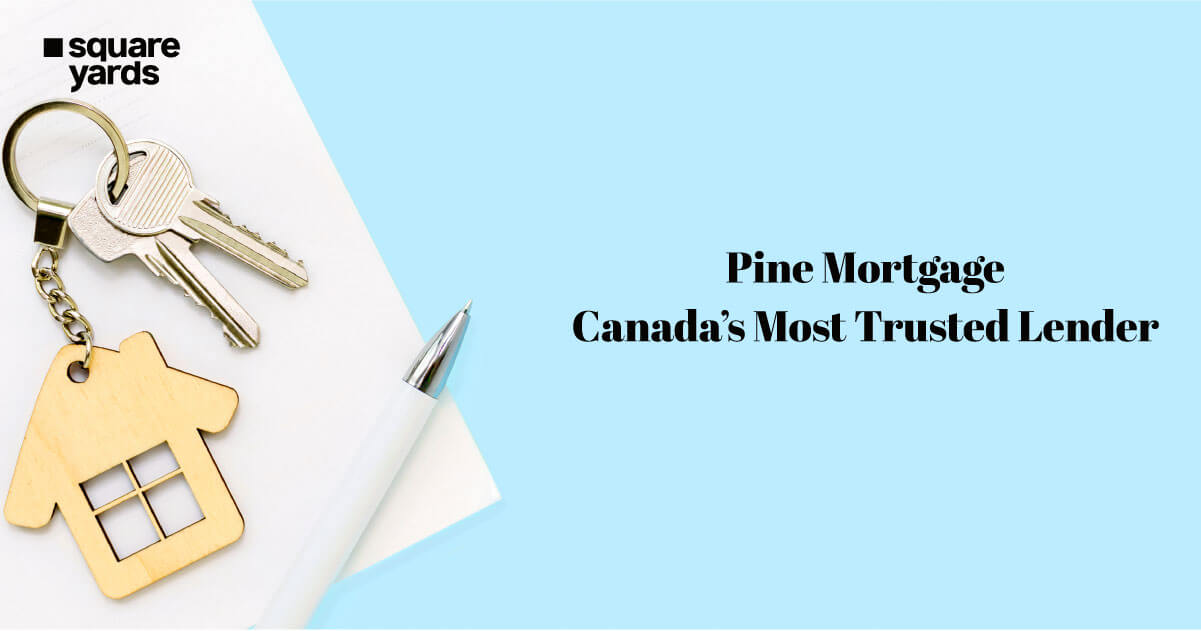Whether you buy a new home, condo, or apartment, it’s best to get it insured as soon as possible. Home insurance protects your residential property and helps you save excess house repair costs if ever it gets damaged due to natural catastrophes, major accidents, collective disturbances like riots, or any crime like theft or looting.
In this article, let’s get to know the different types of home insurance policies available in Canada, their average costs, and how you can land an affordable house insurance policy anywhere in the country.
Types of Home Insurance

There are various types of home insurance policies in Canada based on property type, mortgage, etc. As per the Insurance Bureau of Canada (IBC), there are four types of house insurance policies namely, “no frills”, “standard”, “broad”, and “comprehensive”.
Let’s look at each home insurance policy under every category thoroughly.
Home Insurance Types Under IBC
- No Frill: The no frills home insurance policy provides the least coverage. They are offered for homes that don’t meet the regular home insurance standards. However, the silver lining to such a policy is that it is highly affordable given the basic coverage.
- Standard: The standard house insurance, also called “named perils” only offers coverage for the risks mentioned in the policy. For instance, if your standard home insurance policy mentions fire, your home will be insured only against fire mishaps and not earthquake, theft, or other unforeseen events.
- Broad: The broad home insurance policy is called the mid-tier policy as it offers more coverage than a standard policy but less than the comprehensive policy. Under this, all risks are covered, except for the ones mentioned as exclusions. Like in a standard policy, you can also name the risks you want covered in a broad policy.
- Comprehensive: As the name suggests, a comprehensive policy provides coverage for all risks, including your home’s structure, interiors, and what it contains. The only things it does not cover are the ones mentioned as exclusions. It is also known as a special or all-perils policy.
Home Insurance Policies Based on Property Type
- Homeowners Insurance: The homeowners insurance offers coverage to private residences and their contents. This type of insurance helps protect homeowners against losses resulting from theft, natural disaster, or any accidental fire or electrical breakouts.
- Condo Insurance: Condo insurance provides coverage for individual units within a condominium and is purchased by those who live in such a property type. This insurance type safeguards possessions, like furniture, appliances, clothing, locker items, among others of the condo unit owner. Additionally, it also protects the owner from any physical injury or property damage unintentionally done by others.
- Tenant Insurance: Tenant insurance or renter’s insurance is purchased by people living on rent to protect their personal belongings like appliances, furniture, clothes, locker items, etc., and get liability coverage. While moving into a rented property, landlords may demand a tenant’s insurance done by the former.
- Seasonal or Other Property Insurance: The seasonal or other property insurance is best suitable for those looking to insure their revenue property, seasonal home, or second home.
Home Insurance Based on Mortgages
- Mortgage Default Insurance: The mortgage default insurance is for those homebuyers who purchase a residential property worth less than $1 million and puts a down payment below 20%. This insurance is given by the Canada Mortgage and Housing Corporation or Sagen and most often protects the bank from defaulters.
- Creditor Insurance: Also known as mortgage protection insurance, creditor insurance pays off the borrower’s mortgage under circumstances of their death, disability, or critical illness.
- Term Life Insurance: Unlike creditor insurance, term life insurance offers mortgage coverage for a specified time period. In this span of time, if the borrower passes away, the proceeds go to the beneficiary without any taxation, and an amount of money from the proceeds is used to pay the deceased’s mortgage.
Average Home Insurance Cost
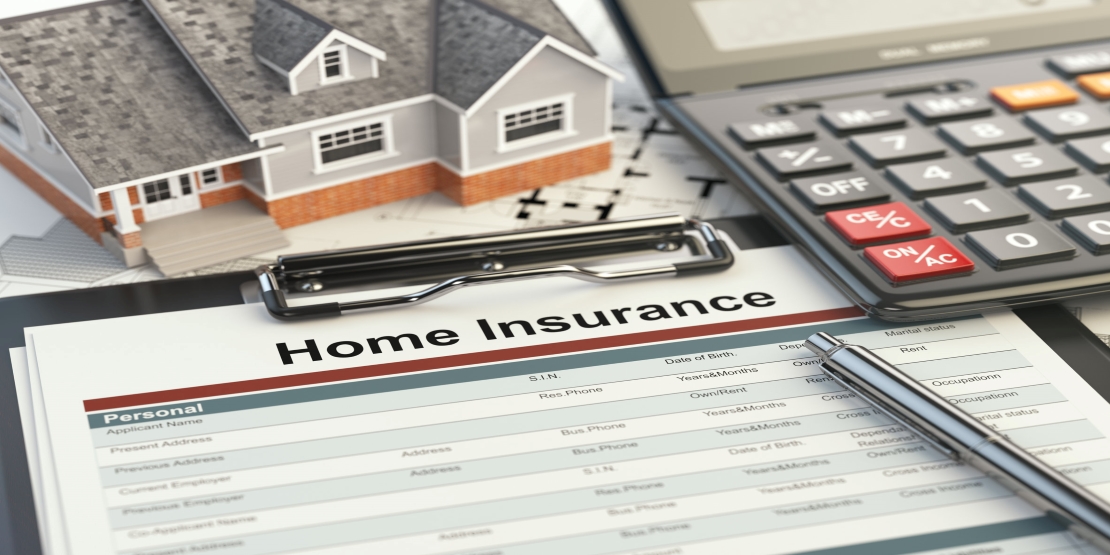
In Canada, an average home insurance policy costs $960 per year. However, it varies depending on the type of location, home, and risks. Comparing your home insurance quotes helps you save hundreds every year.
As per insurEYE reports, the average monthly home insurance cost for a house valued between $100,000 and $700,000 in Ontario city is $74.50. Whereas in Alberta, the monthly average home insurance cost is higher at $78.
Here’s an average monthly home insurance policy price comparison amongst different Canadian provinces.
| Canadian Province | Average Monthly Home Insurance Price |
| Ontario | $117 |
| Alberta | $157 |
| British Columbia | $130 |
| Quebec | $96 |
How To Get an Affordable Home Insurance Policy?
Owing to the growing popularity of home insurance among homeowners, several property insurance policies have entered the market at varied prices. However, if you are looking for affordable and cheap home insurance, one way to do it is to lower your premium costs.
Here’s how you can reduce your premium costs for cheap home insurance:
- Get in touch with FSCO (Financial Services Commission of Ontario) licensed insurance agents or companies and compare quotes. Check which one fits your home and possessions.
- Review the limits of your policy along with other aspects of the policy like insured and uninsured perils, additional coverages or endorsements, type of reimbursements like replacement cost value (RCV) and actual cost value (ACV), etc.
- If you are also insuring your car, purchase both the home and automobile insurance policies from the same insurance company.
- Another way of getting cheap home insurance is by increasing your deductible amount (the amount you pay against the total insurance claim). However, be mindful that you will have to pay the deductible before the coverage starts during any unforeseen damages.
- Make sure your house is disaster-resistant by checking up with home maintenance.
- Optimize your home security by installing smoke detectors, deadbolt locks, burglar alarm systems, etc.
- Stay with the same insurer, if it is possible, as switching may incur extra costs.
Insurance firms with good ratings and rational quotes definitely help you get the best insurance policy.
There are also various discounts you can avail of to reap the benefits of cheap home insurance. These include:
- Renewal discount
- Alarm discount
- Loyalty discount
- Household discount
- Gated community discount
- Multi-line discount
- Age discount
- New business discount
- Flex discount
- Smoke-free discount
- Occupation discount
- Sewer back-up discount
- Claims-free discount
- Bundle discount
- Credit discount
- Mortgage-free discount
What House Insurance Does And Does Not Cover?

Home Insurance Inclusions
Home insurance covers any damages (insured perils) caused to the structure of the building, and your possessions, like furniture, jewellery, clothes, electronic appliances, etc., irrespective of whether it is a house, condo, or apartment. Insured perils include fire, theft, lightning and thunderbolts, water damage, explosion, among others.
Personal liability coverage so that you don’t have to pay if someone gets injured on your property or another unit, gets damaged because of water leaks in your apartment, etc. However, this liability coverage may affect your premium.
Home Insurance Exclusions
- Home-sharing or turning your property into an Airbnb, as then you will have to opt for a separate insurance policy.
- Fraudulent or criminal activities, like purposely damaging your property or injuring someone in your property to file insurance claims.
- Not maintaining or protecting your property, taking for granted that the insurance company will fix any damage as and when they occur.
- Running home-based businesses as then you will require a different insurance policy that strictly pertains to your business.
Endorsements (Added Coverage)
Even though a home insurance policy covers almost all mishaps within the insured perils, there are certain unfortunate events that are not covered. In such cases, you can buy added coverages, called endorsements, that shield you from huge replacement or renovation costs in times of natural disasters like floods or windstorms, or backed up sewers, toilets, drains, etc.
You can also go for endorsements to insure valuable collectibles like jewelry, art pieces, artifacts, branded automobiles, among others, and electronic appliances like security systems, air conditioners, kitchen appliances, computers, etc.
Endorsements make sure that you get the total amount required to repair the damages or replace the items that have been stolen, impaired, or destroyed and pay in the form of an ACV.
How You Should Opt For Home Insurance?

The Autorité des marchés financiers, AMF, advises you to first evaluate how much security you would need, as it would help you select the right level of home insurance coverage. Follow this by checking on a list of every content and its price that you own. After performing this exercise, you then need to estimate the value of your property, which might be slightly different than its market value.
In this manner, if something worse happens to your property, you will at least know you have sufficient coverage to reconstruct your home no matter the real estate market condition. Never hesitate to contact an insurance professional to help you protect your property. Additionally, use an online house insurance calculator to ascertain your premium amount and rates.
Once you’ve figured out your requirements, evaluate every clause in the offered coverage with them in mind. Do you need to reassess the conditions of your insurance, if the age of your hot water tank is less than 10 years, as the insurer must include the risk of water damage to the basement?
Do you remember the breed of your dog or several trips you take every year to assess your coverage requirements for any civil liability? You will need to look at each aspect if you wish to be truly secured against any unpleasant surprise.
Final Thoughts
No matter whether you have a sprawling house or a small rented apartment, getting a property insurance policy for the same is necessary. It protects your home and secures you from heavy expenses during unfortunate events. However, choose a home insurance policy wisely. Seek licensed insurance agents or companies, compare quotes, and use an online house insurance calculator to ascertain your premium amount. Be smart and aware, and get your home insured today for a secured living.
Frequently Answered Questions (FAQs)
The level of coverage is the most essential part of homeowners insurance. Try to avoid paying more than is required.
On a national basis, the average home insurance cost per year is $1,312 for $250,000 under the dwelling coverage. Therefore, the cost of your insurance policy completely depends on the factors you wish to cover under the policy.
The homeowner’s insurance policy secures against any losses or damages to your property. Although the insurance policy secures your home along with its structure and your personal belongings, it also keeps an eye out for the property of your neighbours under specific circumstances.
The easiest way to repair your property is to contact your insurance policy agent to file a claim on your own homeowner’s insurance policy. You are required to claim that you have proper coverage and any damage to your property is over your deductible.

